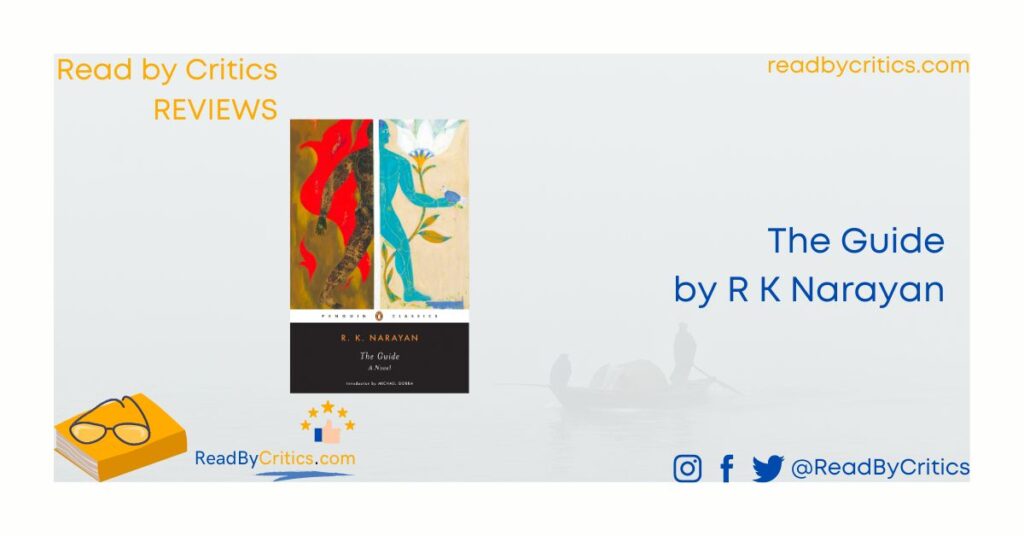When we discuss Thomas Hardy, a few novels quickly climb up the nerves and start knocking on the unperceivable doors of minds. Far from the Madding Crowd, The Mayor of Casterbridge, Under the Greenwood Tree, and many others. However, the one that keeps troubling me is, perhaps, the Hardian magnum opus (to me at least) Jude the Obscure. The novel that brought many stones of criticism towards Hardy has become popular and remained so until now. Thomas Hardy’s last complete novel, Jude the Obscure is a remarkable one that delves deep into the themes of societal constraints, moral conflicts, and the tragic consequences of unfulfilled dreams that lead to an existential crisis par redemption. I read this one as an MA English literature student, and reading this novel has been a profoundly thought-provoking experience, offering a poignant critique of Victorian society and its oppressive influence on individuals. Ironically, the kingdom that enslaved many nations on the pretext of educating, civilising and uplifting the population, could not look inside and upgrade the collective consciousness of their own. Isn’t it telling enough about the hollowness of the British kingdom?
Coming to the novel Jude the Obscure, it is set in the late 19th century and the story revolves around Jude Fawley, a working-class young man with pleasant dreams of attaining knowledge and becoming a scholar at Christminster (loosely based on Oxford). However, Jude’s aspirations encounter insurmountable obstacles, including his poverty, social status, scanty education, and the English society that rigidly enforces class divisions. Thomas Hardy does not pull his punches. He masterfully portrays the bitter realities of the Victorian era and exposes the stark contrast between the lofty ideals of intellectual pursuit and the suffocating social norms that prevent individuals like Jude from achieving their dreams. In short, the novelist cuts open the glimmering layer of polished sophistication that the crown projected to the world and exposes the follies and insidious divisions based on status, wealth, class, and mental development to the world. Was this the reason that landed Hardy in a soup sibling his unmatched acumens of literary production? You can better judge!
Hardy’s character development in “Jude the Obscure” is nothing short of exceptional. Well, that is the case with almost all of his novels. However, in this work, Jude’s relentless pursuit of education and knowledge, despite all odds, evokes a profound sense of sympathy and admiration. Almost in no time, readers attach themselves to the emotions of Jude and become supportive of his troublesome journey on the path of his intellectual pursuit. Looking at the struggles of Jude in the novel, one might see it as merely external wrestling navigating through the harsh lanes of social discrimination. At the same time, if one is able to look and observe carefully, Jude’s struggle against societal conventions is not only an external battle but also an internal one. Jude has to fight within himself as well – struggling between his own desires and moral dilemmas. The character of Sue Bridehead, Jude’s cousin and love interest, adds another important layer of complexity to the narrative. And this layer, to be frank, is the reason this novel gained notoriety in the times when Hardy published it. Sue, just like Jude, challenges the societal expectations placed upon women, defying traditional gender roles and questioning the institution of marriage. Her unconventional choices and moral ambiguity contribute to the overall atmosphere of tension and despair that permeates the novel. However, as we know the kind of novelist (and a staunch pessimist) that Hardy was, he conveniently fries all the rebellious attitudes in Jude and Sue and lets them slip into the abyss of their own, eventually.
Though there are many angles that we can discuss while discussing Jude the Obscure, there are a few that hold prominent importance. Many critics have highlighted that the most striking aspect of Hardy’s novel is his scathing critique of religion and its repressive influence on personal freedom. It is remarkable to note that in the late Victorian period, before that, and perhaps throughout the social evolution of England, religion played an important role and rarely a creative figure tried to go against the wind. Hardy, however, was one of those talents who loved challenges. Jude the Obscure challenges the compass and construct of religion hands-on. Through the character of Richard Phillotson, a schoolmaster who struggles with his faith, Hardy exposes the ironical hypocrisy and limitations of Victorian religious institutions. He has successfully portrayed the stifling effect of religious dogma on personal growth and individual happiness. He also highlights the oppressive nature of the society in which the characters are trapped. And therefore, many readers may feel the suffocating atmosphere that this novel creates and feel sympathetic towards Jude, more than towards Sue (for reasons you may know better once you read the novel).
Reading the novel may also expose to many readers that the tragedy that unfolds in Jude the Obscure is a result of the unending clash between individual desires and societal expectations. Victorian society had loaded the citizens with a lot of moral burdens and social concerns. Hardy presents a damning indictment of the Victorian social order, which crushes the dreams and aspirations of its inhabitants. The characters’ hopes are repeatedly shattered, and their lives are plagued by anguish and unfulfilled potential. And not to forget, even though putting up a thesis against the societal burdens and norms, Hardy somehow salvages himself by lining up with society… You can find it in the novel’s heartbreaking conclusion as a stark reminder of the harsh consequences of challenging societal norms! The conclusion of the story in Jude the Obscure might leave many readers with a lingering sense of despair (for a long period of time).
Commenting on the style of writing, it is no secret that Hardy’s prose in the novel is richly poetic and deeply introspective. His vivid descriptions of the English countryside and the dilapidated cityscape mirror the characters’ internal struggles and the decaying nature of their lives. Hardy was a master in painting the flora and fauna. He continues the same job in this novel as well. Albeit, with more precision and more synchronisation with the feelings and thoughts of the characters. Long prosaic lines depicting the monotony of lives in an oppressing social condition or the short but sharp lines depicting the resentment or rebellious attitudes that die, eventually, are vividly enriching the novel’s overall appeal. To cut short and conclude Hardy’s style of writing in Jude the Obscure, one can note that the atmospheric tone and lyrical language create a powerful backdrop against which the characters’ anguish and yearning are vividly exhibited. Want to know more about Hardy as a novelist? Read this one Featured Author platform – Thomas Hardy as a novelist.
There are many ways one can interpret the novel by Hardy. However, Jude the Obscure, in its essence, will always be the rebellious best of Hardy in my eyes. A profoundly tragic novel that explores the perplexing orthodox nature of English society, its repression and its impact on individual lives, Jude the Obscure is beautified by Hardy’s masterful storytelling, coupled with his incisive critique of Victorian society, making this novel an essential read for anyone interested in the social and moral struggles of the era. If you love classical literature, you cannot deny reading this novel. If you love reading novels that portray the struggles of common men and women in the supposedly booming Victorian era, you need to read this one. And if you want to read a masterpiece loaded with literary embellishments and ornaments of prose, depicting the sad characters who meet their tragic separation navigating through the bitter-sweet lanes of their fate, just pick a copy of Jude the Obscure already! All the best! Click the link below to get a copy of this novel from Amazon India.
Click here to buy a copy of this novel now.
Review by Ashish for ReadByCritics
Jude the Obscure by Thomas Hardy – a book review
-
ReadByCritics' Rating
Summary
A novel that will leave you with a lingering sadness… for a few days, at least, after you finish reading it. Hardy was a master of literary shocks. And you better be ready to be shocked again. Otherwise, a pinching and heart-wrenching portrayal of Sue and Jude’s affair that kneels down before the oppressive society of Victorian England that supposedly achieved too much in terms of iron-hands, but could not age enough to understand the common issues faced by common people in the common households that would never even be able to look at the gates of House of Lords! A masterpiece!





1 Comment. Leave new
Amazing review… I have read Jude the Obscure but seldom thought about thought-provoking ideas you have mentioned in this article. I will share it with my friends. Thanks for this one… keep writing buddy!